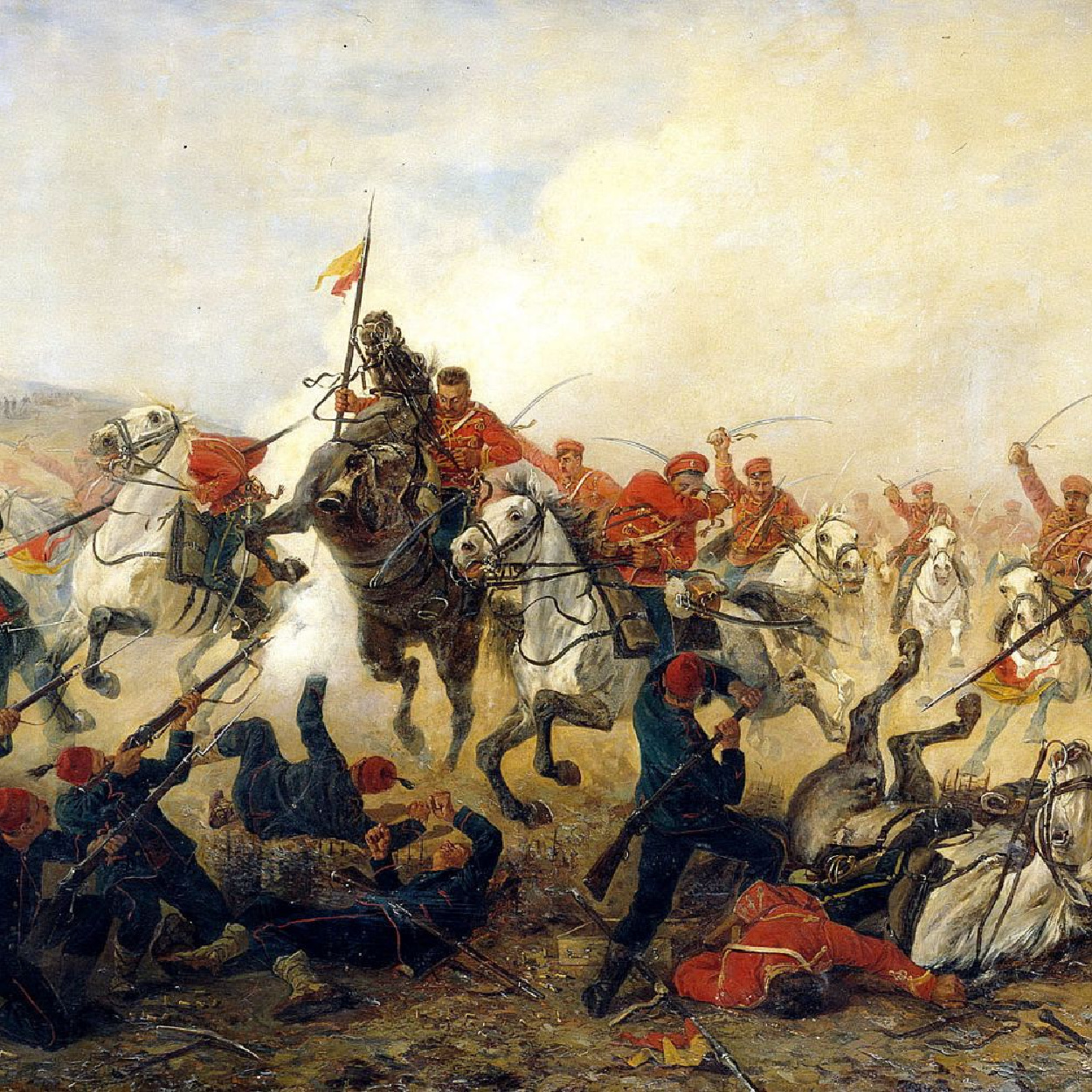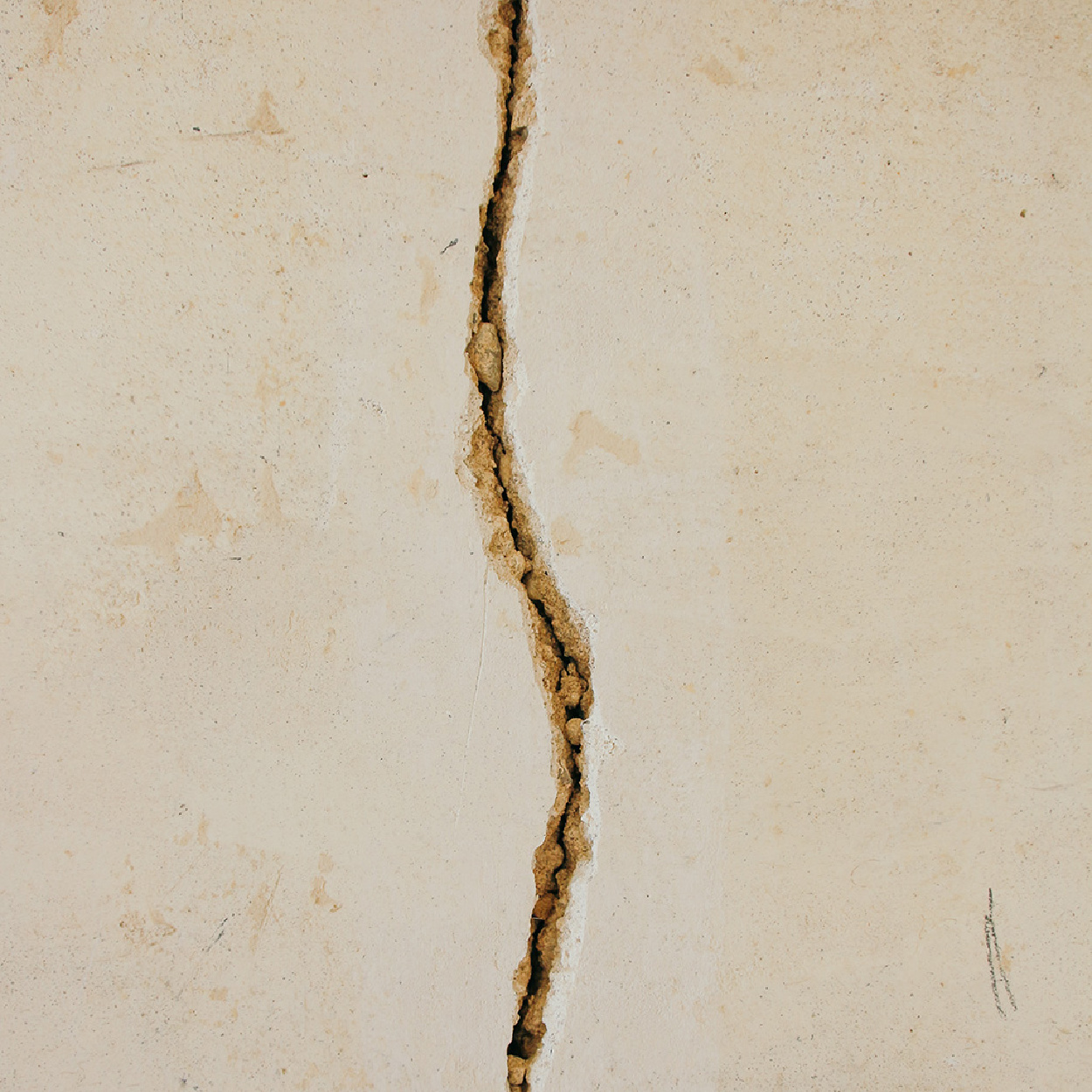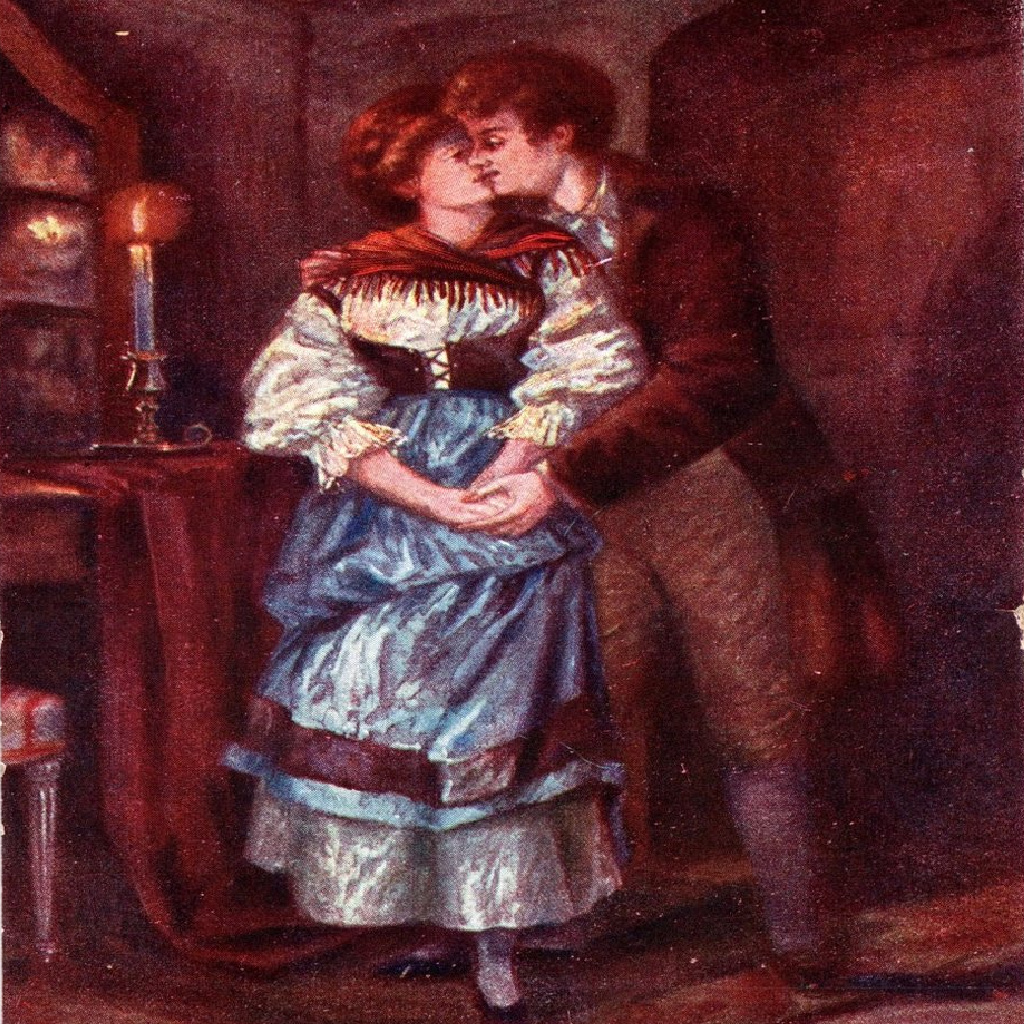There’s something entrancing about the idea of a Jesus that isn’t neat, that isn’t tidy, and who happily goes about shattering our idols and breaking our conceptions of both the world and of The Man of Nazareth Himself.
When Peter Enns speaks of letting go of our certainty in his book The Sin of Certainty so that we can achieve “a more profound kind of knowing that only faith can provide,” it resonates with me deeply. God doesn’t want perfect belief, free from messiness—God wants trust in Him.
Enns’ message is a deeply needed one—and for me in particular. I love the notion of finding in God a transcendent being who breaks our puny little ideas with sheer boundlessness. I believe in a gospel of joy and victory.
The Tone of Skepticism
Where Enns gives a cheer for a consecrated—even holy—form of skepticism, it thrills me. I fear, though, that the takeaway is just a faddish tendency to wriggle out of having any convictions whatsoever. And it’s that latter tendency that defines much of our discourse. The cultural smog we breathe is full of disdainful sniffs at any notion of truth or reality.
This isn’t just about knowledge and doubt—it’s also about tone. I believe in a gospel of joy and victory, not the in-fashion soft-defeatism of oddly-well-off-elites. When we speak of a gospel of joy, surely this is part description and part invitation.
Can angst be part of the process? Certainly. When angst comes, let it—but understand that the point isn’t the angst but the truth that comes from the process. There is some amount of angst that is normal and inevitable—but angst is not the same as virtue. Engines generate friction and heat—but that heat and friction do not move a car.
When we valorize doubt and skepticism, we can do so because of their value in pursuing truth. But all too often, they are promoted without realizing the negative effect it has on morale, mental health, and forward momentum. If what we’re talking about is epistemological humility, all the yes—but if what we’re talking about is moping a lot and pretending that lack of conviction is somehow morally superior, I call bologna.
Skepticism’s Brand
I’m a big fan of skepticism, as testified by my series “The Holy Art of Skepticism.” What I’m encouraging is a certain kind of skepticism.
Take, for example, the analogy C.S. Lewis used for spiritual development. He compares us to a house that God comes in to rebuild. At first, we’re happy with the minor progress, but soon we become uncomfortable as he begins to knock down walls and add wings in ways that do not make sense. He ends by explaining that while we thought God was making us into a cottage, He was building a palace.
There is a difference between knocking down a wall for the sake of the still-under-construction palace and knocking down walls out of frustration or nihilism. There’s a teleology to it all. The point isn’t skepticism for skepticism’s sake, it’s asking questions to get closer to truth.
But on the other hand, there are some who wield skepticism for other agendas. Some enjoy the moral superiority of disdain. Others use skepticism to lessen the moral pressures the truth levies. As a friend told me, “I find some people prefer we pretend the Lord has been ambiguous even where He clearly has not been.” If nuance gets us to truth, I’m all for it—but sometimes nuance is smoke and mirrors that is meant to pull off the illusion that God hasn’t spoken on an issue. Even with good faith actors, all too often skepticism is used as a tool against just the right targets so that we can conclude that God thinks just like we do.
And what of faith crises? I fear that we have begun to valorize the crisis rather than the eventual resolution. Let’s tell the right story. Similarly, there are some who view complexity as a chance to expand the house and prune the bush—and there are others who simply prefer life adrift in the sea of complexity. It’s safer there—fewer commitments are required.
I was privileged to take a science class from the legendary Bill Dibble. Professor Dibble was a BYU professor whose physical demonstrations were, in the words of a BYU Magazine article about him, “the stuff of folklore.” Professor Dibble was part genius, part mad scientist, and his class was glorious.
During one class, Professor Dibble was preparing for an experiment when he casually mentioned that we were going to ignore friction for this demonstration.
A student’s hand shot up, “We always ignore friction. We always assume things are smooth, easy, and uncomplicated! What use is science if we always have to admit so many stipulations?!” Uncertainty is the natural state.
Dr. Dibble looked at us like we were daft. “The bomb worked, you know.”
There are things we know. We should live up to them. Skepticism is great—in service of truth.
Living with Skepticism
There are some testimonies that are simple because they are naive. Then, there are some testimonies that are simple because one has paid the price in adversity, come through complexity, and has every right to say what they know without the scoffs of doubting Thomases in the crowd.
I believe in a gospel—and a God—that is as accessible to the child or the uneducated as to the learned. If faith crisis and nuance and complexity have helped you on your way, you have my sincere congratulations. I have nothing but sincere happiness for you. I do not accept the implication, however, that those without a faith crisis and nuance and complexity are somehow inferior.
We speak some of a healthy dose of skepticism. What of an unhealthy dose?
One of the present fads in skepticism is deconstruction. And while deconstruction is often applied to faith, it is applied to a wide variety of circumstances—history, marriages, culture, and even food. But does this deconstruction produce better faith, history, marriages, culture, and food? Or is it merely a social indicator of our sophistication?
A friend of mine—a father of a two-year-old—tells of when his little one became frustrated waiting for some bubbles to be blown. The toddler investigated the bottle, became angry that there were no bubbles inside, and focused his outrage on the bottle. His father began blowing bubbles, but it was all too late: the little one was too focused on screaming at the bottle.
For all his two-year-old’s deconstruction of blowing bubbles, he never improved his experience.
There needs to be a line to deconstruction.
For one thing, we have to live.
Socrates was brilliant, but too many drink his Kool-Aid, watch too many Matrix movies, and come out as the “are we living in a simulation?” dudebros. Buddy, those in-the-simulation bills aren’t going to pay for themselves. Those simulated people that could be fake sure seem to need a kind word and decent friend, and those kids of yours who could be simulated sure appear to need a good father.
Let me take a moment to be a little less glib. The other day, my seven-year-old was sitting on my lap, and when I looked at him, something far deeper than mere logic or rationality kicked in: this was something that I simply knew. He is real. He needs my love and kindness. And suddenly, the idea of truth is less scary. There really is such a thing as truth—and I can apprehend it. There are things I know.
I have a moral duty to love my boy—to raise him, to protect him, to treat him well. And when we discover other truths, we have the moral duty to live in accordance with them as well.
O Say What is Truth?
I recently heard a man tell a congregation, “I have finally realized how little I know!”
His announcement reminded me of the words of Jeffrey R. Holland, former university president and currently an apostle for The Church of Jesus Christ of Latter-day Saints, “Sometimes we act as if an honest declaration of doubt is a higher manifestation of moral courage than is an honest declaration of faith. It is not!”
There are some who would prefer popular adoration for some nuance or hesitation over a quaint, parochial declaration of truth. Except that uncertainty is the natural state. It is the sacred prize of enlightenment that some are willing to pay the price (and sometimes the ultimate price) for even a tiny little speck of truth.
And they find some.
Knowledge is dear and hard and costly—but far more importantly, it is possible.
I’ve heard some argue in economics that poverty is neither interesting nor unusual: it is the natural state. What is interesting and unusual is wealth—and it is worth studying in-depth to find out how to replicate it. The same is true of spiritual knowledge: the natural state is ignorance, doubt, and unbelief. While coming to understand how little you truly know is imperative, it is still only act two in a three-act play.
Holland goes on, “Be as candid about your questions as you need to be; life is full of them on one subject or another. But if you and your family want to be healed, don’t let those questions stand in the way of faith working its miracle.”
If we’re in a post-orthodoxy moment, I would urge the post-orthodox to quickly progress to the post-post-orthodoxy moment. I think post-orthodoxy is utterly overrated. Yeah, religion is hard. Truth is too. But the point is to find Truth, and I’m speaking personally, not epistemologically here.
At the final judgment, I doubt that God will be very impressed by my erudite, nuanced declaration that I technically didn’t have fully bullet-proof evidence that I need to be a good dad or that I have moral obligations to my neighbor or to stand for what I believed in. Whatever sin may arise in overdone certainty, the greater sin is to refuse to admit to the light on my face because I cannot precisely define warmth.
Skepticism is good insofar as it leads us to truth—but understand that it is Truth we worship. As my friend, Jeffrey Thayne points out, the question is not “what is true?” but rather, “who is truth?”
We worship the One who said that He is “the way, the truth, and the life.”
There is a sin called certainty. There is a greater sin still: to pretend to worship God through skepticism but to really worship skepticism with mere overtures to God. May we worship God through our faculties and our questions and our skepticism—but never, ever, the other way around.

















